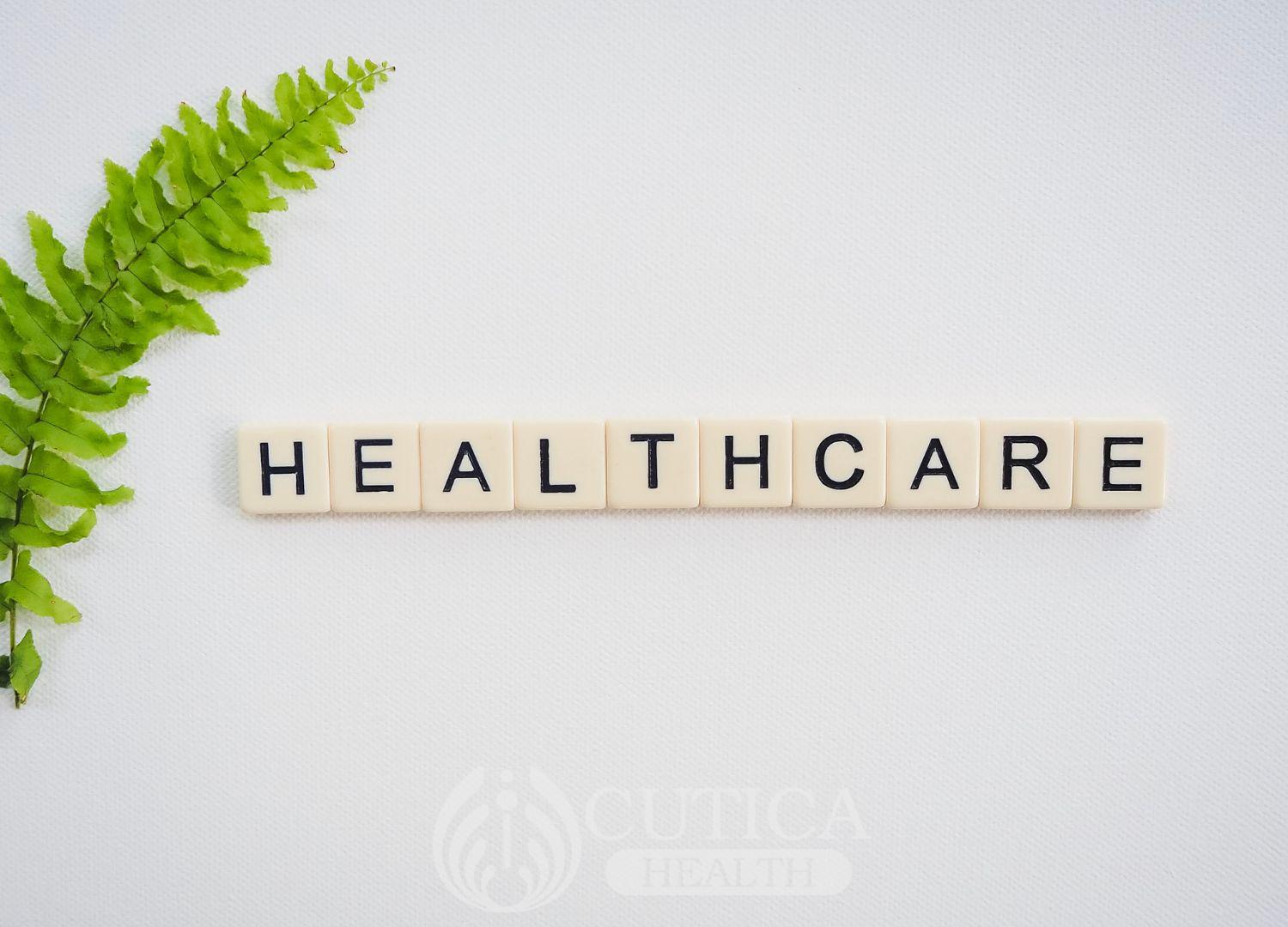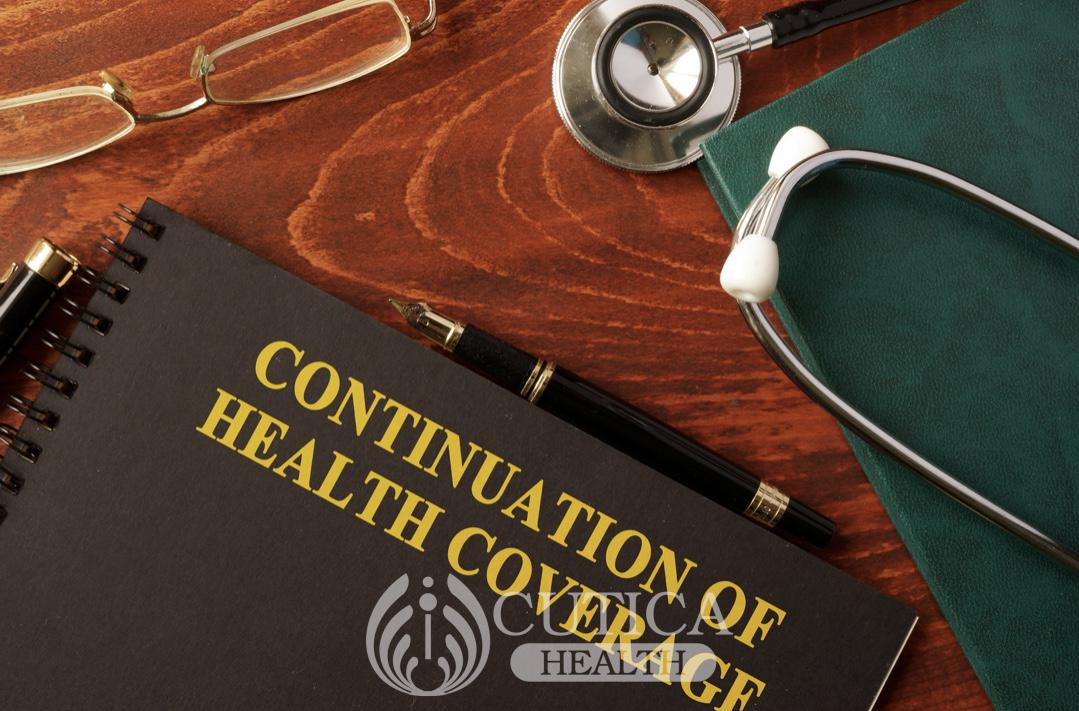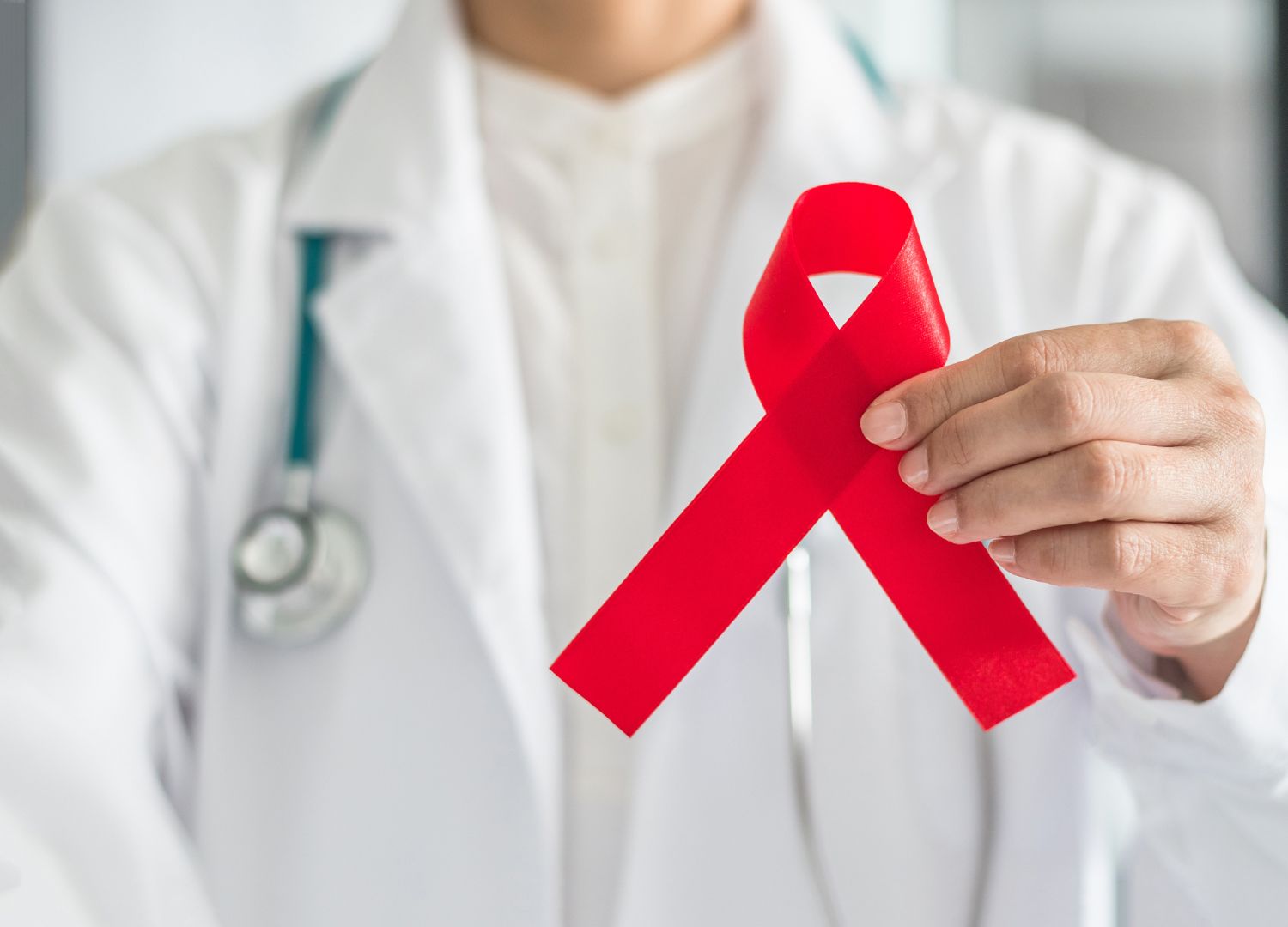
Ngozi is feeling run-down and feverish. Her nose is congested. Between her demanding job as a tailor and end-of-year festivities, she has not had a good night sleep in the last 3 weeks. Her youngest, 6-year-old, son is just recovering from a bad cold- he is eating better and playing more. Ngozi’s current symptoms are exactly the same as what her son started with, but she is behind on orders from her customers, and cannot afford to slow down. The pharmacy next door, where she normally buys antibiotics, is closed. So, Ngozi goes to her friend, Sadia, who always has a stash of antibiotics at home. She is given 4 capsules of one antibiotic and three capsules of another. Ngozi starts taking the antibiotics, unwittingly exposed to the risks of unknown medications, and adding to the growing problems of antibiotic misuse and resistance.
Antibiotic misuse is a problem worldwide


Antibiotics are strong medications, used to treat infections caused by bacteria. Before antibiotics were discovered, people all over the world suffered and died from bacterial infections that are now cured routinely with the right antibiotics. But antibiotics are not effective for all infections. Viruses, such as those that cause the common cold (or catarrh), do not respond to antibiotics. Viruses cause other illnesses such as bronchitis, ear infection, and eye infection, and may be easily confused with bacterial infection.
Misuse or overuse of antibiotics, as done by Ngozi and Sadia, is a problem worldwide, and is worse in countries where antibiotics can be bought without a doctor’s prescription. While persons who misuse antibiotics typically feel better afterwards, their improvement is not due to the antibiotic, but rather due to the body’s natural defence (or immune) system clearing the illness. The best way to help the immune system do its work is to rest and keep up proper nutrition and hydration. This is what Ngozi needed.
Antibiotic overuse also occurs through veterinarians and farmers, who use them in pets and farm animals.
Complications of antibiotic misuse


When an individual misuses antibiotics, he/she may develop a severe allergic reaction or specific adverse effects, such as diarrhea, nausea, vomiting, or rash. Frequent exposure to antibiotics also increases the risk of a severe form of diarrhea, called “C. diff”, because the delicate balance of bacteria in the bowels is disturbed.
Antibiotic resistance is a far-reaching complication of antibiotic misuse. When bacteria are exposed to antibiotics, they respond by becoming resistant, through a process called mutation. This is the way bacteria survive despite antibiotic treatment. Once bacteria become resistant to a particular antibiotic, that antibiotic, and others like it, becomes ineffective against the bacteria. Eventually, antibiotic resistant bacteria spread and cause severe disease. Antibiotic resistance increases length of hospital admission, costs of treatment, and death rates. Bacteria in environments where antibiotics are commonly misused become increasingly resistant to antibiotics, putting everyone at risk.
Does development and spread of antibiotic resistance sound like science fiction to you? Well, it is as clear as daylight. In fact, experts have repeatedly sounded the alarm on antibiotic resistance, and now rank it among the leading threats to health around the world. The experts warn that antibiotic resistance will get worse unless people around the world work together to reduce antibiotic misuse.
Combating antibiotic misuse
There is an Ngozi or Sadia in each of us. No one likes to feel sick, especially when there are pressures from life and work. While antibiotics may seem like a simple and accessible solution, the risks often outweigh possible benefits. There is no doubt that antibiotics have a very important role in some illnesses, the challenge is to avoid overuse and misuse. Here are some helpful tips:


- Seek professional advice before using antibiotics: Many infections, such as common cold, do not require antibiotics, so avoid the temptation to walk into a pharmacy and buy your favorite antibiotic. If your healthcare provider advises that an antibiotic is not needed, do not pressure him/her to prescribe one. Close monitoring without antibiotics may be all that you need. Antibiotics may be prescribed later if your situation changes.
- Do not share left over antibiotics: There is no need to keep a stash of antibiotics at home. Remember that stashed antibiotics may expire without your knowledge. Also, taking an incomplete course of antibiotics is one of the ways resistance develops. The prescribed course of antibiotics should be completed always, unless an allergic or adverse reaction necessitates early discontinuation.
- Avoid unnecessary antibiotics use in pets and farm animals: A major public health concern is farmers administering antibiotics to poultry and other farm animals, ultimately to maximize their profit. This is common in industrialized countries. Antibiotic resistance in farm animals eventually makes its way to human through many ways, including eating infected raw food or vegetables, contact with animal waste, or petting animals without hand washing. Awareness and advocacy are needed to minimize development of antibiotic resistance in animals and the spread to people.
- Hand washing: This is one of the few practices that have been shown to profoundly reduce the risk of acquiring infections of all kinds. Despite this, hand washing is not widely practiced. Even healthcare workers wash their hands less than half the times they are supposed to. Back to Ngozi, could she have reduced her risk of contracting the cold virus, from her son, by regular and proper hand washing? The answer is yes, though hand washing is not 100% effective. Viruses can spread through other means, such as inhaling infected air droplets.
Summary

Antibiotics are strong medications that should be reserved for bacterial infections, under the guidance of a qualified professional. Misuse of antibiotics is common. Due largely to antibiotic misuse, bacteria around the world are becoming more resistant to antibiotics. When bacteria become resistant to one antibiotic, that antibiotic and similar ones become ineffective, putting everyone at a greater risk. Using antibiotics for the wrong reason is like using a hammer to kill a fly on one’s finger.












